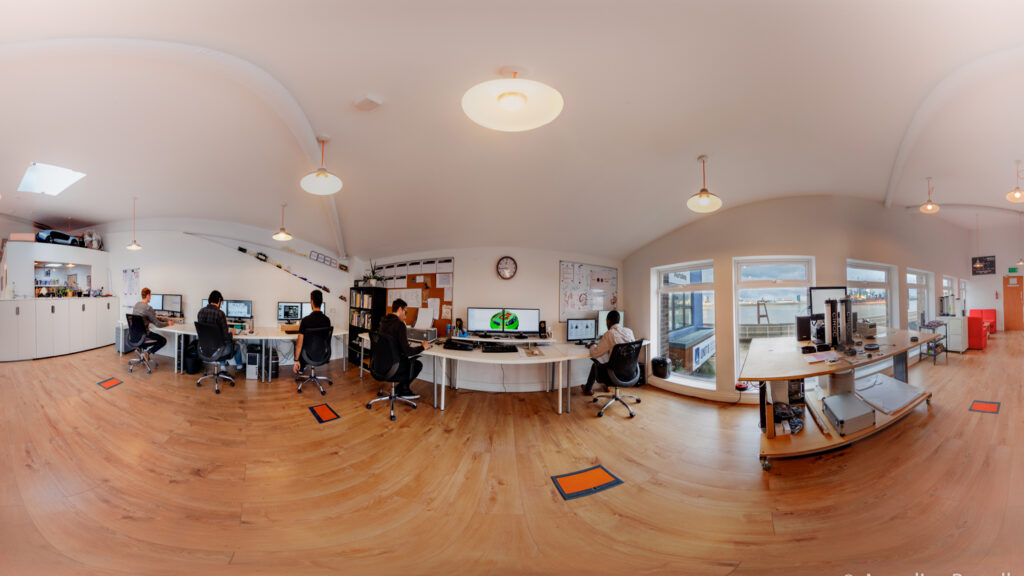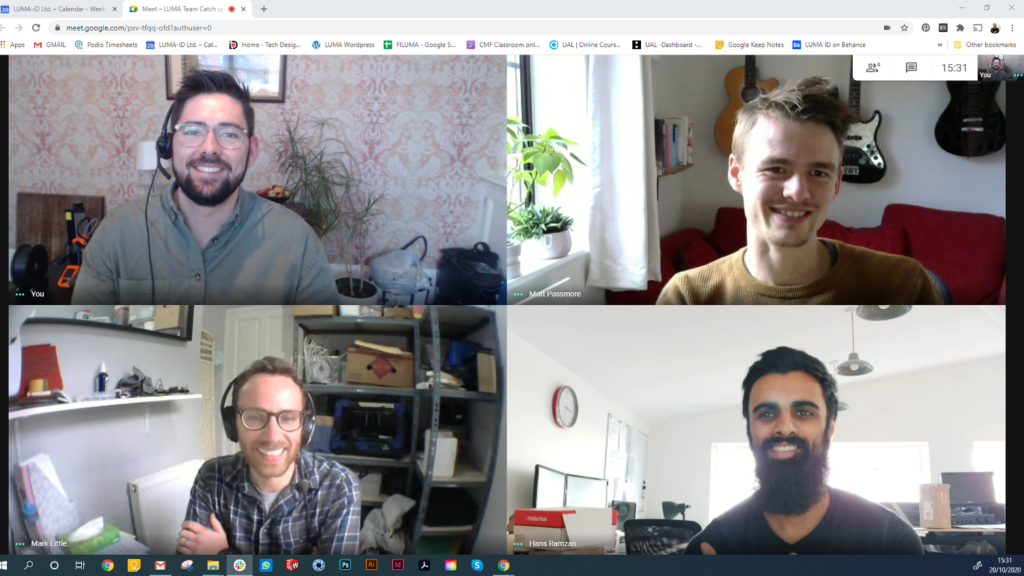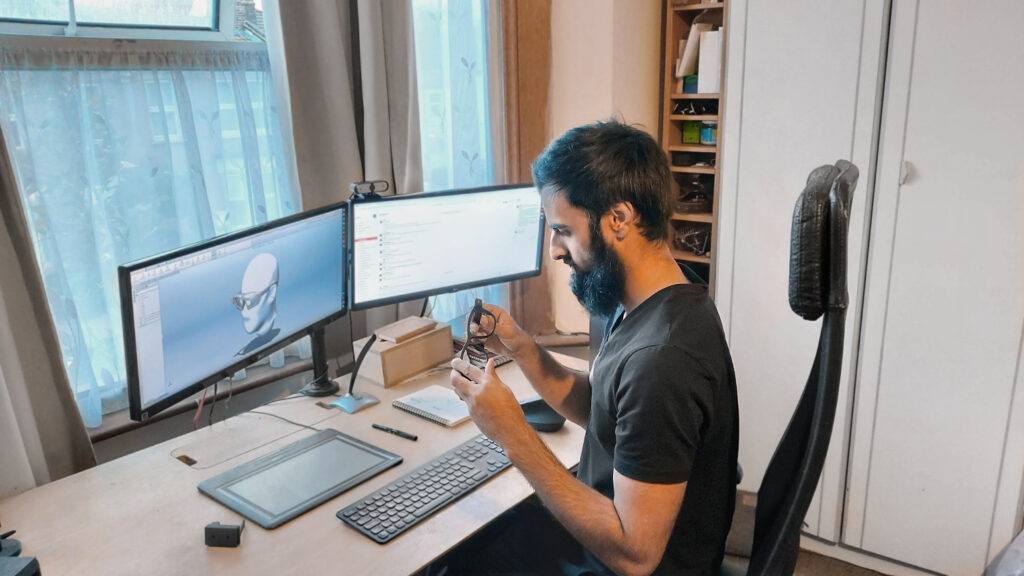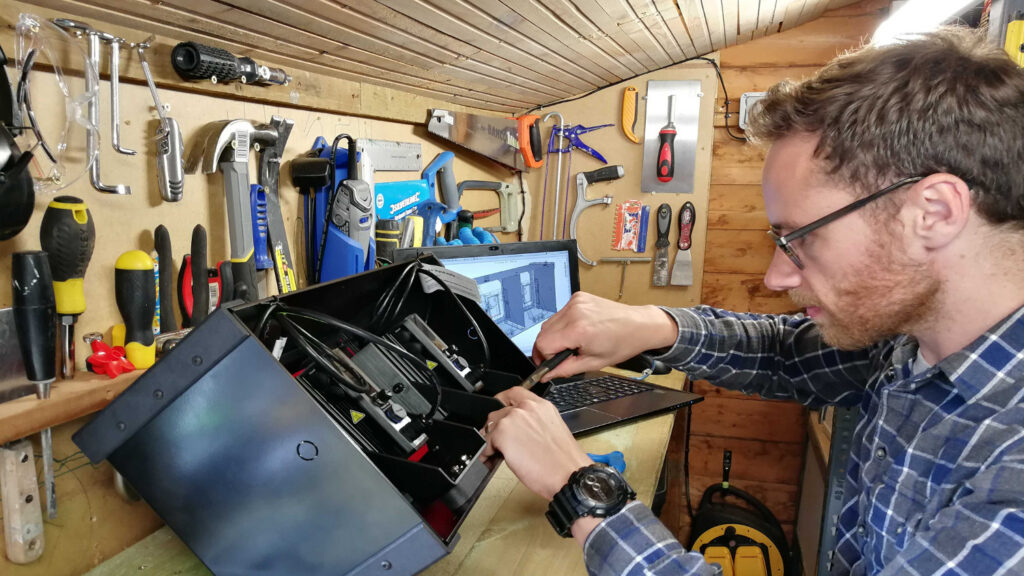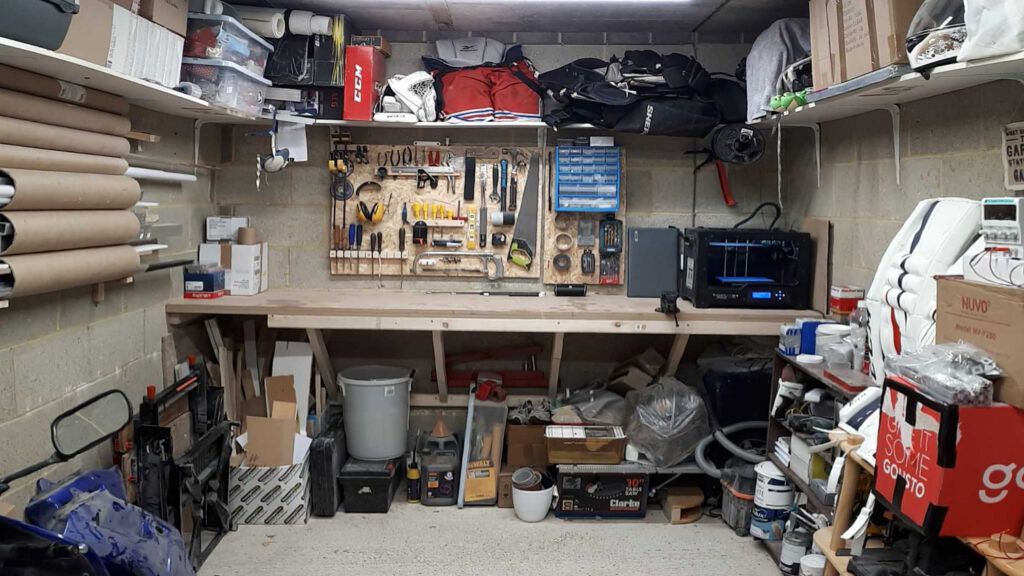How has the team at Luma-ID, a specialist design and manufacturing consultancy based in Greenwich, London, adjusted to new ways of working triggered by Covid-19? Glen Sheehan talks to the team
In the mass shift to working from home triggered by the arrival of Covid-19, businesses in all sectors have had to adapt to new ways of working.
Most have faced challenges along the way, not least companies in the product design field. Take, for example, Luma-ID, a specialist design and manufacturing consultancy based in Greenwich, London.
As Hans Ramzan, a product designer at the firm puts it: “It’s a lot easier to collaborate with other designers in the studio. Team projects are a bit easier to work on in a studio environment, especially when it comes to building prototypes and the making of products.”
Luma-ID specialises in working with entrepreneurs, inventors and businesses of all sizes to nurture product development from conception through to manufacturing.
This involves organic modelling, mechanical design and 3D print prototyping and extends into developing business models and marketing strategies.
As a small business focused on analysing and building early-stage designs and prototypes and thus reliant on a good deal of physical input, the Coronavirus outbreak has clearly posed challenges for Luma-ID. But thanks to in-house fast-thinking, of the kind that is usually deployed on finding solutions to complex customer design issues, the team at the firm has been remarkably quick to adapt to the new working landscape.
“My communication and organisation has improved during this period of working from home,” says the company’s product design manager, Matt Passmore. “Because I’m not able to turn around and ask someone else, I have to make a point of booking time with somebody, whether that’s on a call or making a task specifically for someone to do in our project management system.”
It’s a sentiment shared across the team, with Ramzan taking on more responsibility to resolve issues without seeking help from colleagues: “Because I know how much more effort it is to ask for help from someone, I’ll now easily work it out myself. Your knowledge is expanded a lot more, rather than have someone do something for you.”
Luma-ID – New problems, new solutions
Switching to this new work culture has proved much easier, thanks to the flexibility already offered to the Luma-ID team by the company’s management.
While some projects can be pressurised and deadlineintensive, when it comes to the demands of work, coowners Mark Little and Luke Vos already had in place a modern approach to their working set-up, with working from home always an option available to the team.
“Mark’s been good with us, so we can start earlier or later if needed and work around the non-working day,” says product designer Alex Fleming. “Working from home offers more flexibility and the workspace I have in my shed allows me to keep hands-on involvement.”
Much of the early-stage development is done using Luma- ID’s range of 3D printers with printing partners such as 3DPrintUK, which offers SLS, SLA, Polyjet and FDM capabilities.
These prove invaluable for producing robust early-stage models that help clients to understand the range of features and benefits that could be possible with the finished product. It’s a more cost-effective method of working that means that clients can trial and test new ideas without investing too heavily in products at an early stage.
Both Ramzan and Fleming live a short distance away from the Thames-facing studio. During the early stages of the pandemic, that proximity enabled them to occasionally pop into the studio to carry out essential project work.
At the same time, a 3D printer has now been assigned to each member of the team, enabling everyone to work on physical prototypes at home, while communicating via phone, email, Slack and video conferences where needed.
Despite the rather strange and unexpected events thrown up by 2020 so far, Luma-ID continues to thrive, using its solution-based approach to transform working methods, while maintaining the high standards expected by clients.
The company seems more than prepared for the uncertainty created by future local lockdowns and working restrictions and well-positioned to tackle any unforeseen challenges that may arrive in 2021.

